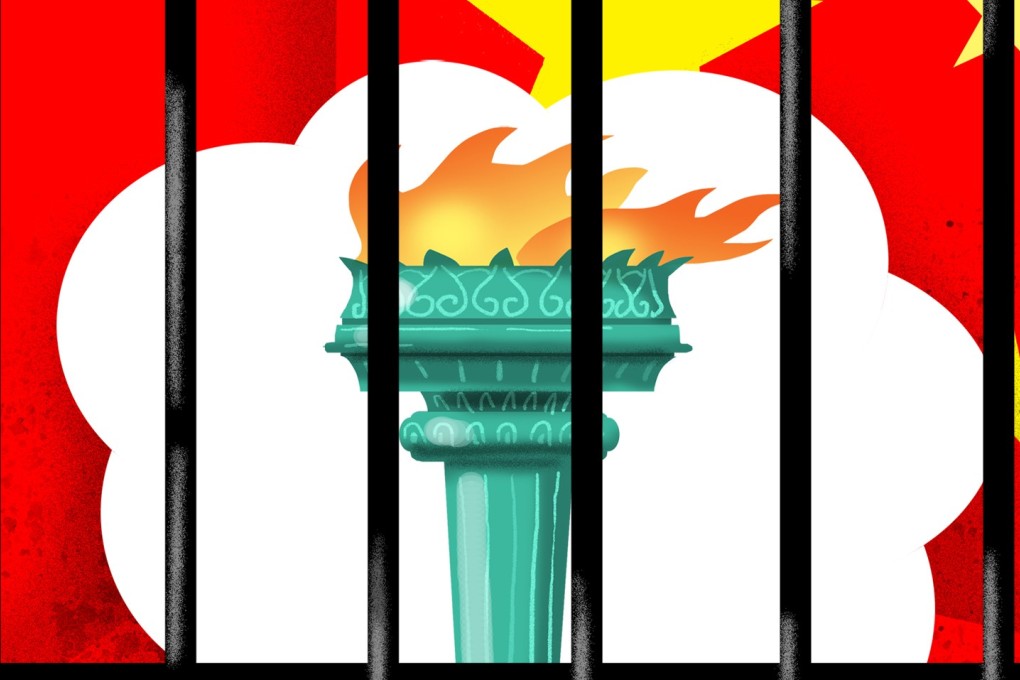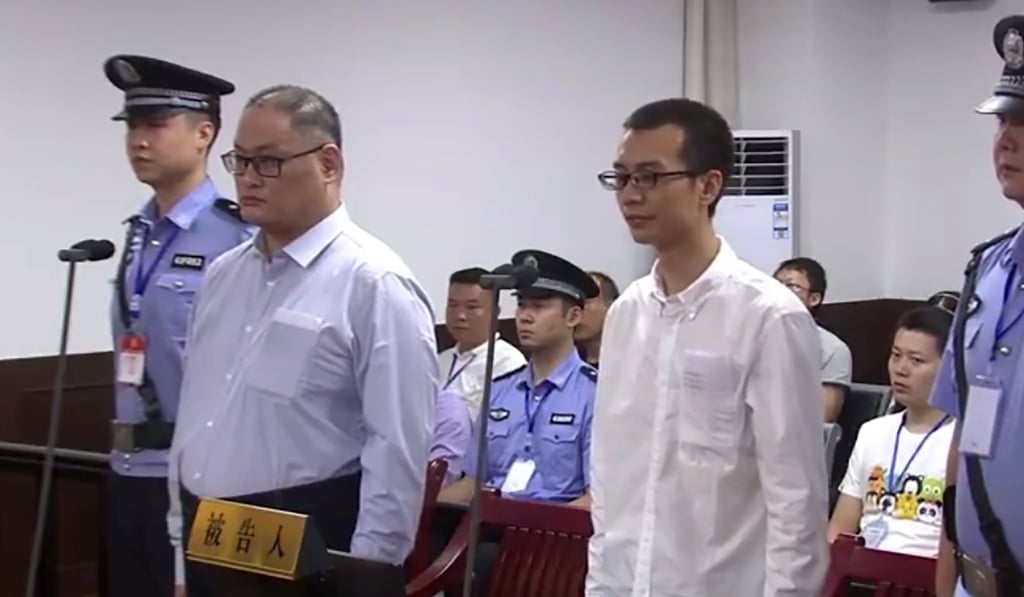Advertisement
How China’s trial of Lee Ming-che is a warning to Taiwanese activists inspired by freedoms and democracy
Jerome A. Cohen and Yu-Jie Chen say no matter what the eventual fate of Lee, his well-rehearsed trial and confession are meant as a reminder of the danger of attempts to ‘subvert’ the government of mainland China
Reading Time:4 minutes
Why you can trust SCMP


We are still awaiting the verdict that will not only determine Lee’s fate but also have broader implications for China-Taiwan relations.
Obviously, in China, guilt is assumed in such political cases, and Lee’s punishment is not being decided by the court that tried him and his co-defendant for “subversion of state power”. This controversial case, which has significantly increased already rising cross-strait tensions, will be decided by Communist Party leaders, preoccupied with the need to maintain “stability” ahead of this month’s critical 19th Party Congress.
Xi demands ‘strong hands’ to maintain stability ahead of Communist Party congress
Lee’s September 11 trial provided the first public glimpse of him since his March 19 disappearance in Guangdong province. We now know what happened. For almost six months, secret police subjected him to innocuous-sounding, but notoriously harsh, incommunicado “residential surveillance” – in their “residence”, not his.
Advertisement
After eight days of interrogation, they also detained Lee’s co-defendant, Peng Yuhua, a citizen of China. The pair were indicted for criticising China’s political system through the internet and informal gatherings, thereby “inciting others to subvert state power and overthrow the socialist system”.
The trial lasted only four hours. The defendants were not allowed to retain their own lawyers or meet before trial with Lee’s wife and her advisers. Their court-appointed lawyers did not conduct any investigation to obtain evidence or present any defence witnesses.
Advertisement

Advertisement
Select Voice
Choose your listening speed
Get through articles 2x faster
1.25x
250 WPM
Slow
Average
Fast
1.25x